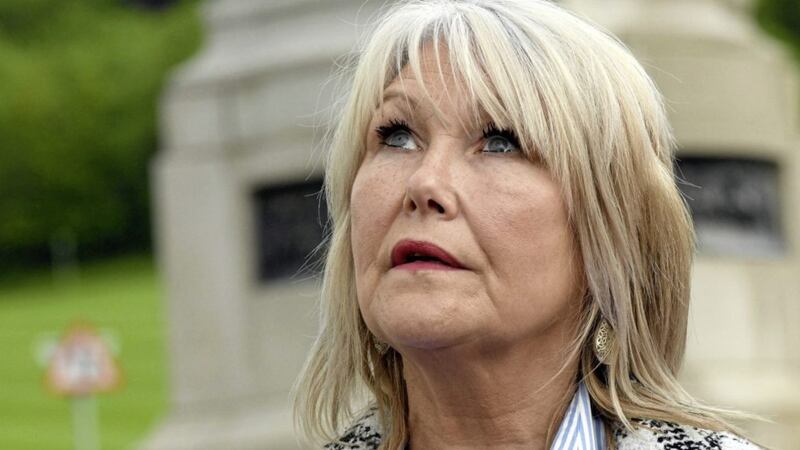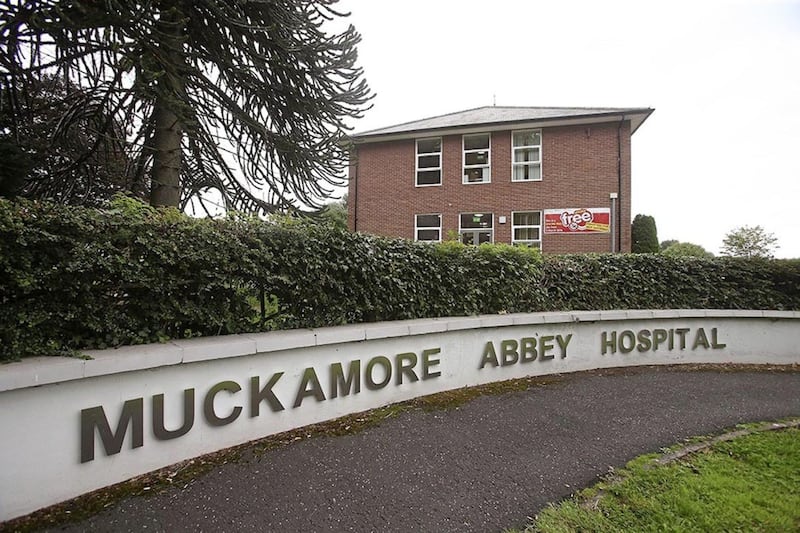In the end, the most divided of Parliaments finally did something right. In the dying hours of the last government, a bill to set up a compensation board for victims of historic institutional abuse in the north became law.
For campaigners who had fought for more than a decade, the new law came as more of a relief than a cause for celebration. Exhausted from frantic lobbying of MPs and peers, particularly over the last few weeks, and coming after a separate legal challenge in the Court of Appeal, it may take some days before the enormity of the law change will sink in.
Of course the redress board should have been set up earlier.
It should be a source of shame for the main Stormont parties that, almost three years after the Historical Institutional Abuse (HIA) inquiry recommended compensation for victims, it took a parliament at Westminster, and not Belfast, to enact the change. It should also be a source of shame for the Tory leadership that it took the intervention of former secretary of state, now Labour peer, Lord Hain, to push the bill through the Lords.
At one stage it looked as though leader of the House of Commons Jacob Rees-Mogg was briefing MPs that there was no time for the bill to be debated before parliament was dissolved. Cue more lobbying, more pressure. The uncertainty of the last few weeks undoubtedly added to the distress of vulnerable people who were abused as children. But campaigners should at least feel proud that they did everything possible to gain redress for those who cannot speak and for others who died before their hurt was acknowledged.
While recent secretaries of state have hardly covered themselves in glory, or even a vague impression of competence, Julian Smith can say he did the right thing for abuse survivors.
In a rare display of emotion from a government minister, he gave a speech that his Labour counterpart Stephen Pound described "one of the most powerful… I have ever heard in my 22 years on these benches”.
Mr Smith described in, sometimes painful and shocking detail, the sexual, physical and emotional abuse that survivors experienced. His voice shook as he read the testimony of a 75-year-old survivor, since deceased, who was sent to Australia as a child migrant.
"I have a nightmare every night of my life,” the man wrote.
"I relive my past and am happy when daylight comes.”
The man wrote that children were exported to Australia “like baby convicts”.
“I have always wondered what it would be like to have a family, a mother and a father and brothers and sisters. I never got the chance to find out because I was sent to Australia.”
Mr Smith’s intervention was all the more welcome coming just hours after Jacob Rees-Mogg's appalling comments about the victims of the Grenfell disaster.
Mr Rees-Mogg's claim it would have been "common sense" for the victims to flee the fire, ignoring the advice of the fire brigade who told them to stay put, showed an arrogance and lack of basic humanity that typified the last Tory government.
Mr Rees-Mogg has never lived in a tower block - indeed it’s unlikely that he has even set foot in one - but still he felt qualified to give unsolicited advice. He did later apologise, but only after half the country pointed out the stupidity of his remarks.
With a month to go until the election, these are the kind of comments we can look forward to hearing as Tory candidates travel the country and try and avoid answering questions about why they made such a mess of the last government.
But if last week showed anything, it’s that a popular campaign can affect change; that people who were abused by those who should have protected them have more courage than the most powerful, and that compassion and decency still have a place in politics.
For anyone struggling with injustice, the work of abuse campaigners like Margaret McGuckin, Jon McCourt and Gerry McCann can act as an example.
To borrow from Yeats: “Do not wait to strike till the iron is hot; but make it hot by striking.”








